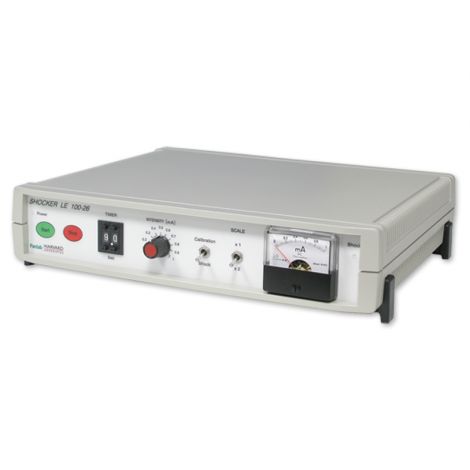Anxiety and Depression
Anxiety is the most common and most studied psychiatric field in humans. Experimental tests of anxiety in animal models were developed to facilitate the discovery of the genetic and neurobiological substrates of anxiety and test putative anxiolytic drugs and fall into two categories—unconditioned tests and conditioned tests.
Depression, characterized by disturbances in mood, sleep, appetite, energy, motivation, hedonic capacity and thinking is amongst the most prevalent forms of mental illness. Some behavioral tests in laboratory animals to evaluate depressive symptoms are classically used to predict the antidepressant effect of new medications. They also provide potentially useful models in which to study neurobiological and genetic mechanisms underlying depressive behavioral changes.
Learn more about studies of anxiety and depression.
Selected products are shown below. Please see the menu on the left to explore our full offering for anxiety and depression studies.












